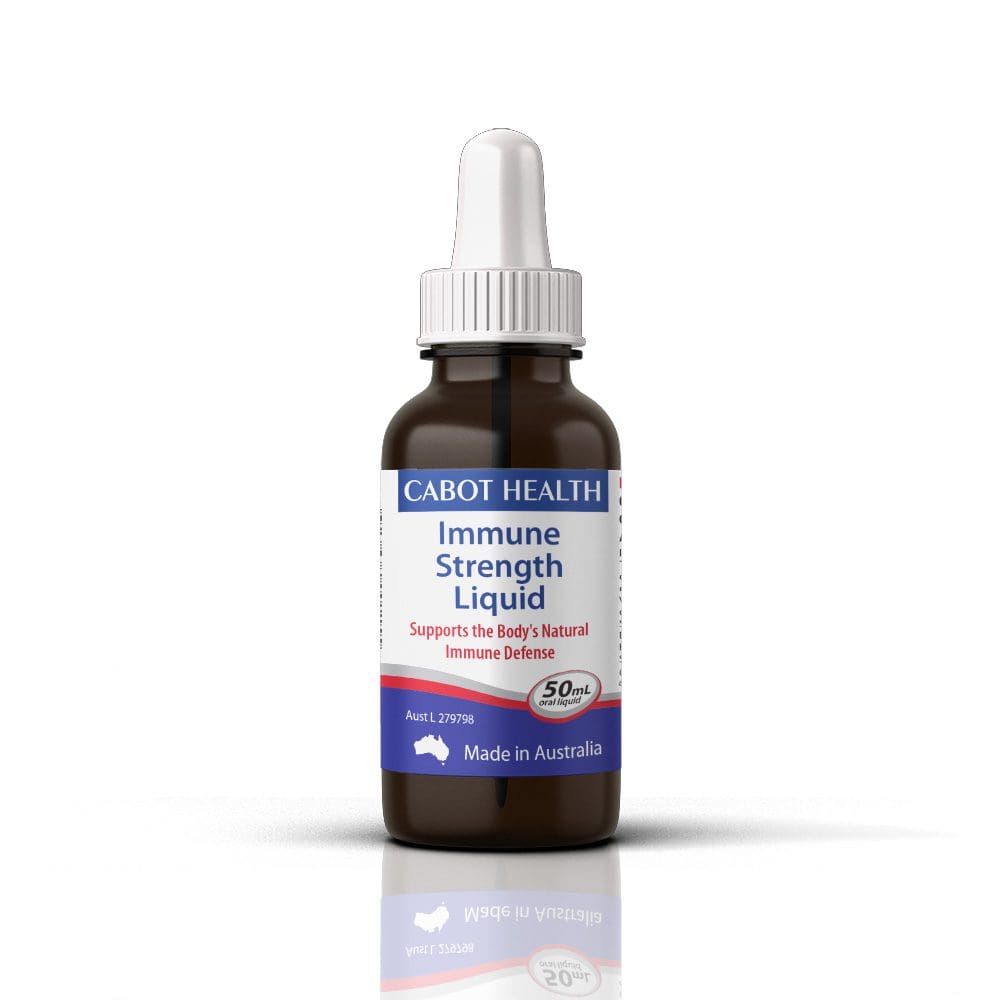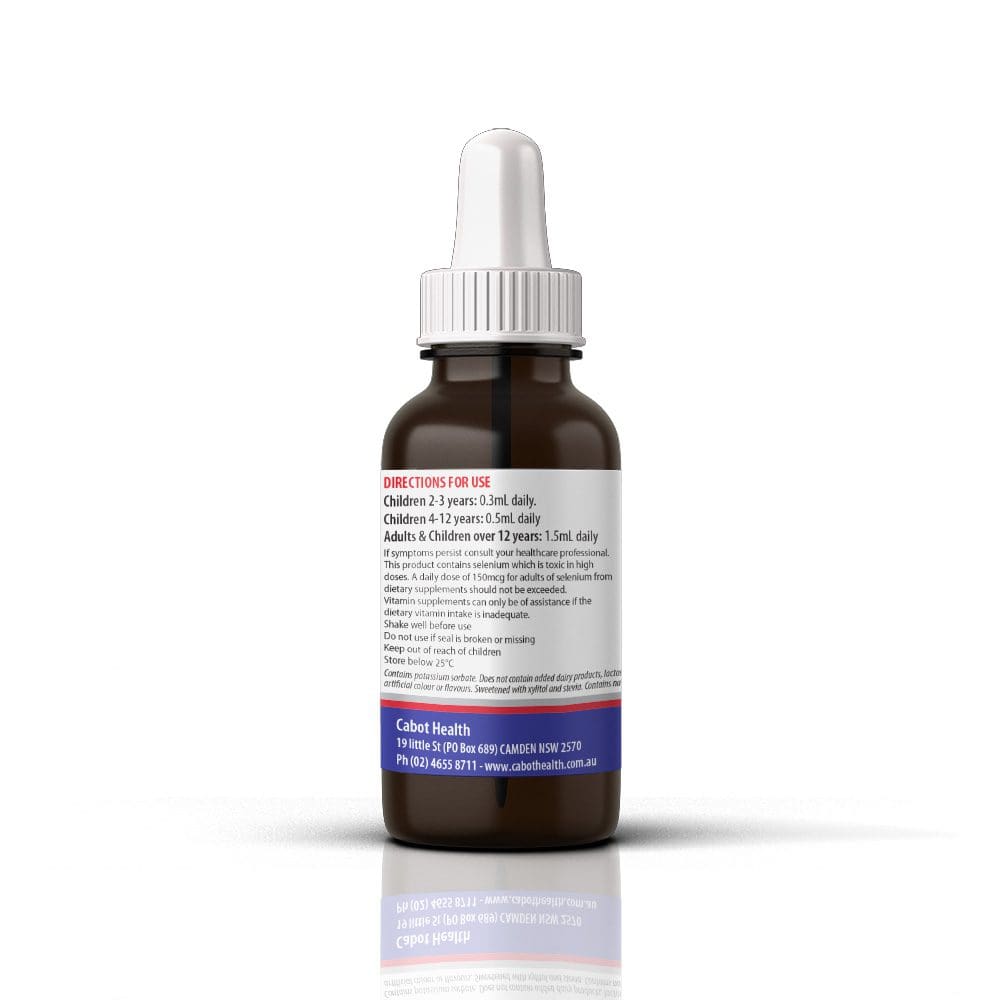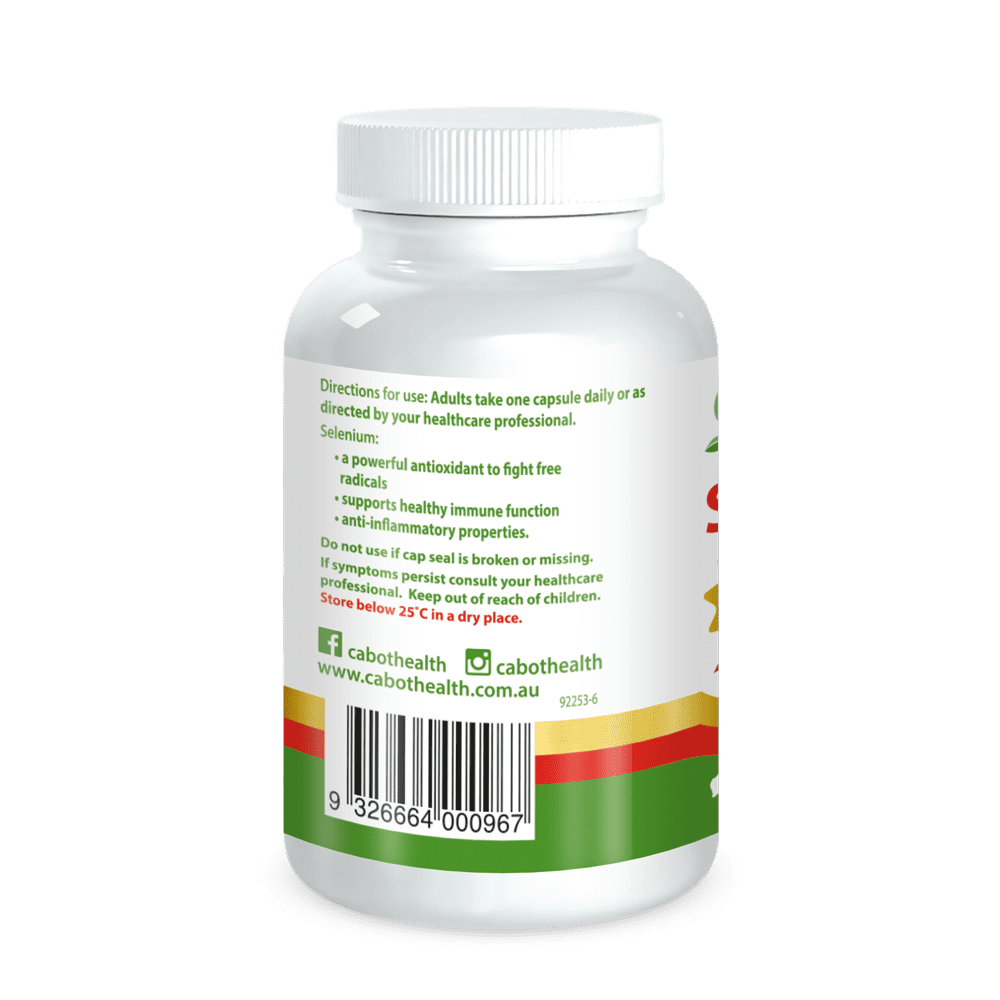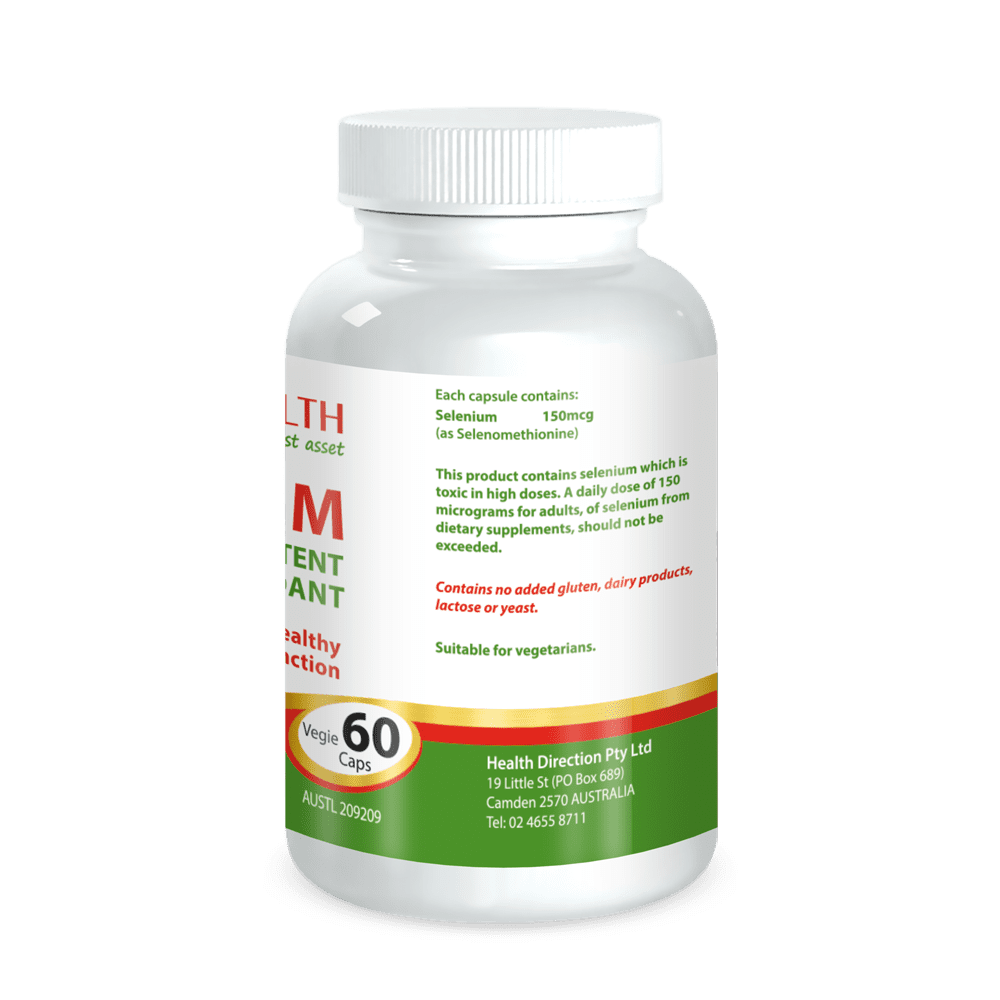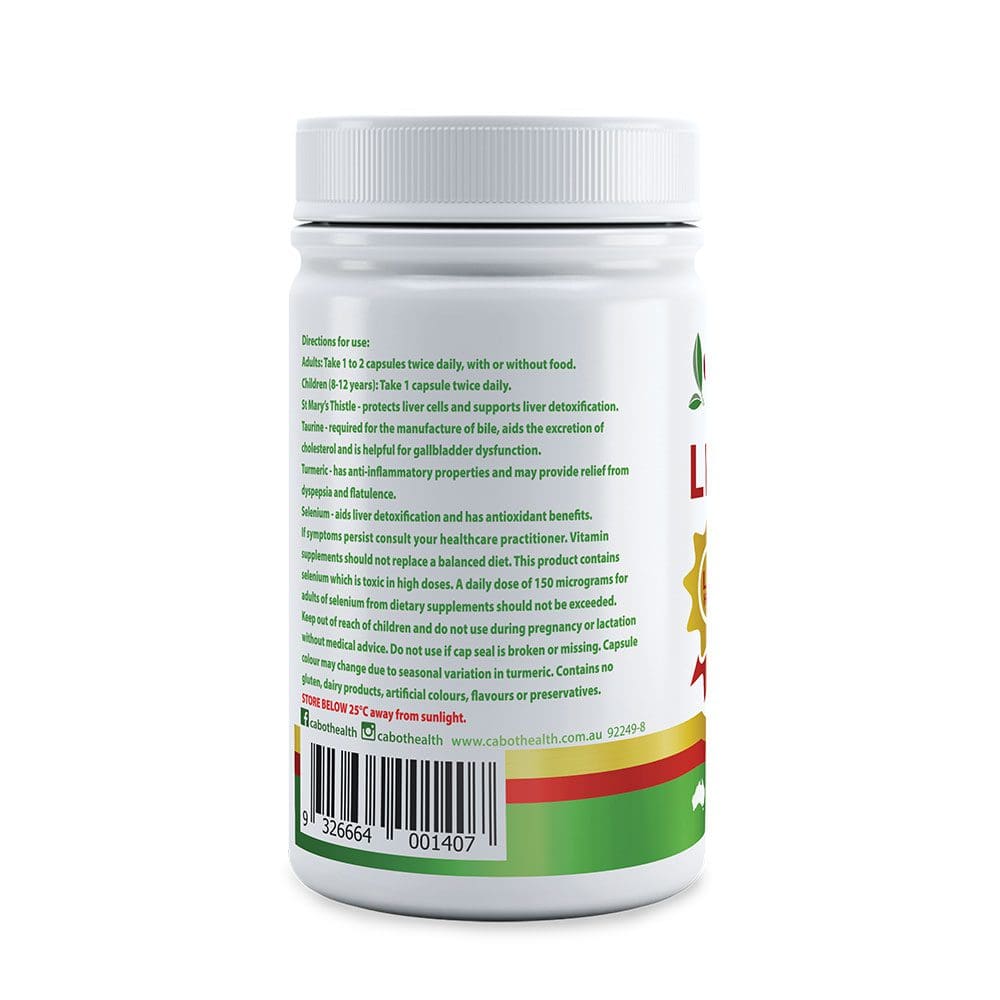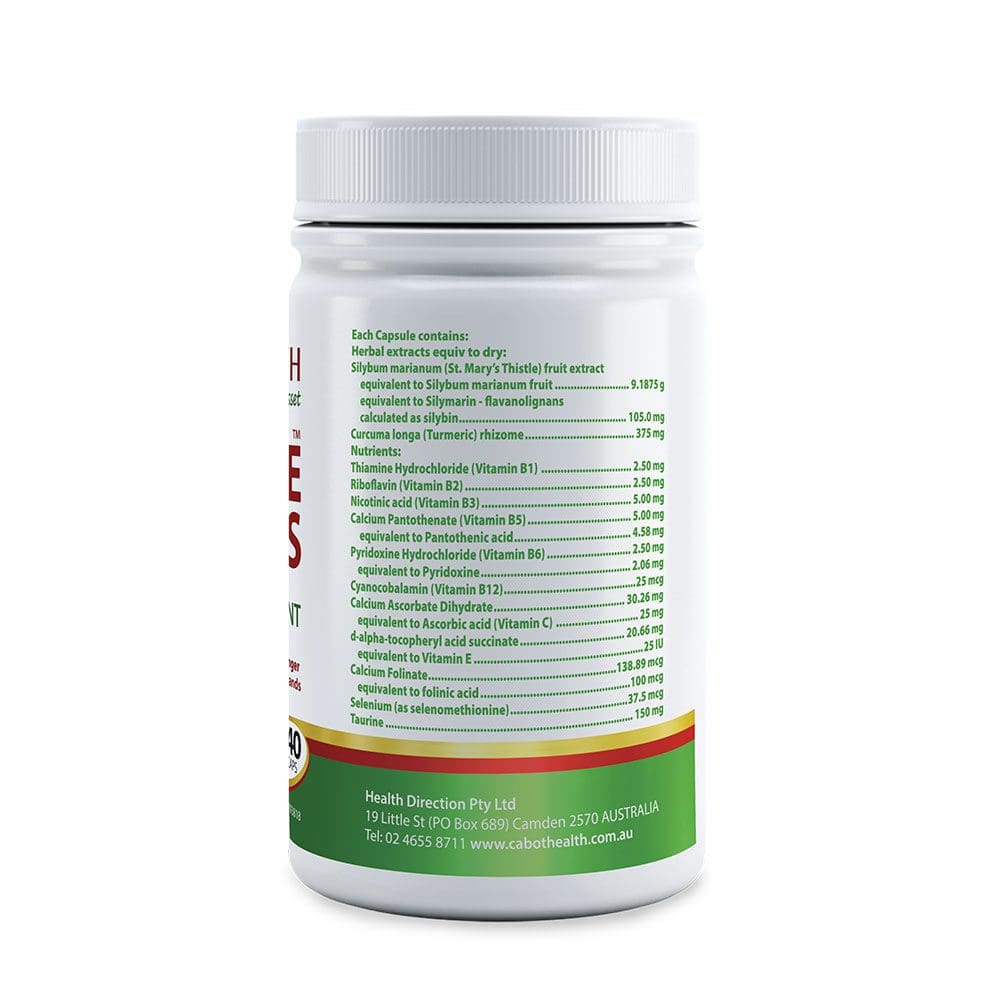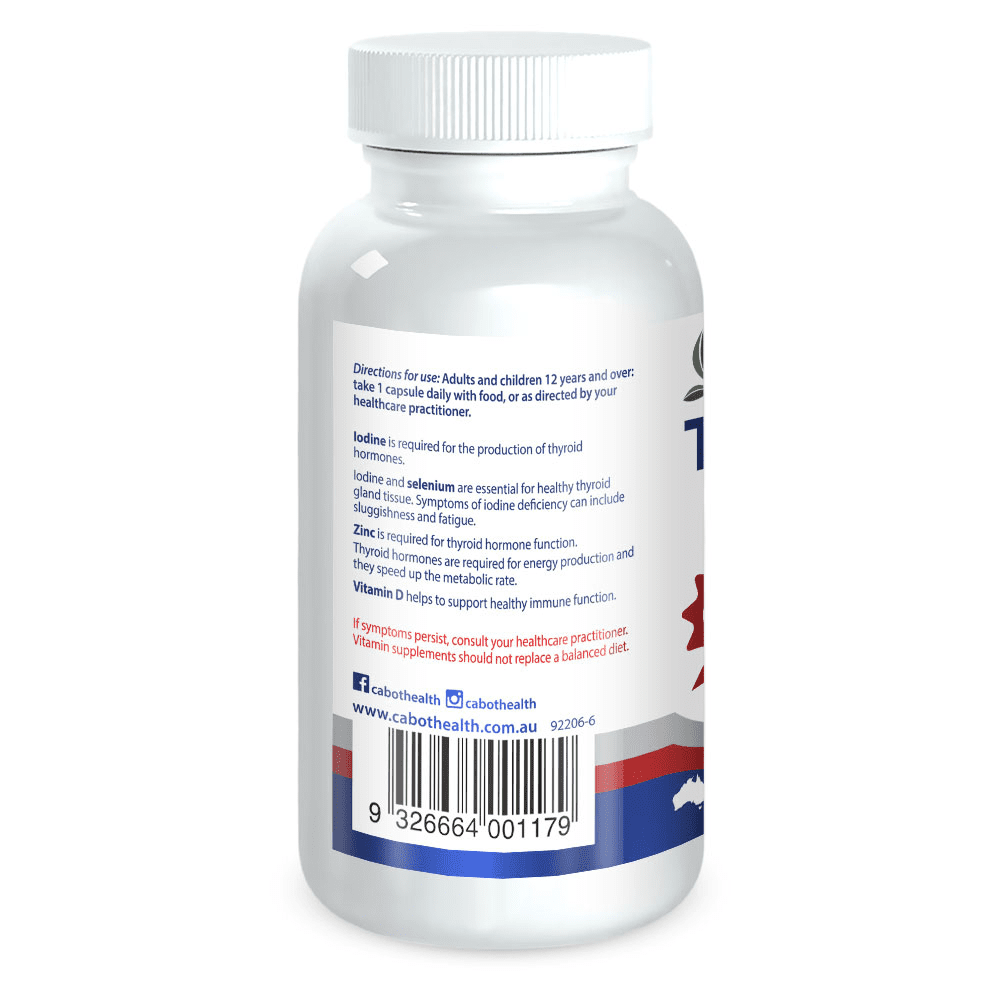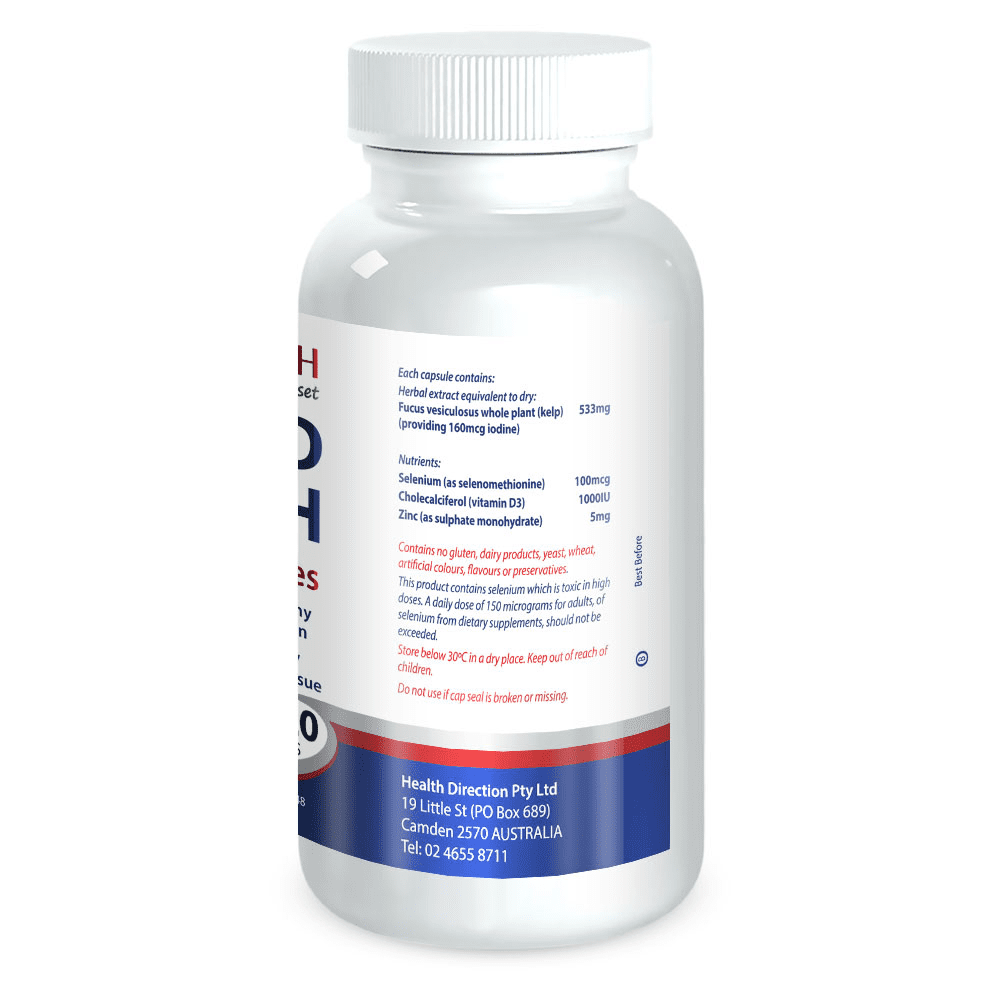Immune Health
A strong and healthy immune system is the foundation of good health and is essential to fight off the common cold and allergies like hay fever. The immune system consists of physical barriers such as the skin, tissue linings and mucous membranes, and internal defences which attack and destroy foreign substances. Having a strong immune system protects against harmful bacteria, microbes and viruses, while a weak immune system increases your susceptibility to colds, allergies, hay fever and other common infections.

Cold and hay fever symptoms
- Coughing
- Sneezing
- Itching and watering eyes
- Fatigue
- Sore throat
- Malaise
- Runny/blocked nose
- Headache
- Aches and pains
- Fever may also accompany some colds

Prevention Tips
- Avoid the allergen – If you contract hay fever, try your best to stay indoors when there is a high pollen count, such as in spring, on windy days and after thunderstorms. In addition, attempt to reduce exposure to dust and dust mites as well as animals and animal hair.
- Follow a healthy diet – Fresh fruit and vegetables are high in antioxidants to defend against colds and allergies and support a healthy immune system. Citrus fruits such as orange, lemon, kiwifruit and strawberries are particularly good sources of vitamin C – a key nutrient for strong immunity. It’s also important to get adequate zinc which is an immune-supporting mineral found in pumpkin and sunflower seeds, oysters and seafood.
- Get enough sleep – Sleep is an integral part of maintaining a healthy lifestyle and supporting a strong immune system. If sleep is something you struggle with, try setting a specific bedtime and wake-up time and dissociate yourself from all technology before you go to bed. It is recommended to get 7 to 8 hours of sleep a night.
- Manage stress – People often underestimate the impact stress has on our immune system as stress can be psychological, emotional, chemical or physiological. Stress is a common occurrence for many people and we have all experienced stress at some stage in our lives. It is important to find ways to manage stress such as taking up yoga, learning tai chi or even reading a book.
- Be hygienic – Basic hygiene is essential to staving off the common cold and other bacterial infections. Good hygiene practices include covering your mouth and nose when you sneeze or cough, throwing tissues away immediately after use and washing your hands after you use the bathroom.
Management Tips
- Vitamin C – May assist in immune system function and reduce the length, severity and symptoms of upper respiratory tract infections like colds.
- Zinc – This key mineral supports a healthy immune system, is an anti-inflammatory and is an effective remedy for the common cold.
- Selenium – Is an essential trace mineral that is vital for a healthy immune system.
- Phellodendron – A potent herb that helps to reduce inflammation and has antimicrobial.
- Oregano – Is used to treat respiratory tract disorders, gastrointestinal disorders and is high in antioxidants to help your body fight infection. Has also been suggested to have antibacterial and anti-inflammatory properties.
- Thyme – Is part of a class of compounds that can destroy harmful organisms and has a strong antimicrobial effect.
- Clove bud – The oil of clove buds is known for its antimicrobial, antifungal and antiseptic properties.
- Garlic – May provide symptomatic relief from mucous congestion and colds.
- Vitamin E – Has powerful antioxidant abilities to reduce free radical damage, fight inflammation and increase immunity.
- Vitamin D3 – Can balance the innate and adaptive immune responses and a vitamin D deficiency can cause increased susceptibility to infection.
Related Products
FAQs
What are the main differences between a cold and an allergy?
Colds are caused by a virus and are spread by sneezing, coughing and hand contact. Hay fever is caused by a normally harmless substance such as pollen, animal fur or dust that triggers an allergic reaction in the body. Colds usually don’t last longer than a couple weeks, whereas hay fever can last as long as you are exposed to the allergen, which can sometimes be months.
Why do some people experience hay fever while others don’t?
Individuals who experience hay fever have an immune system which at some point has mistakenly identified something harmless, such as animal fur, as a threat. This exposure causes the body to produce chemicals like histamine which bring about the symptoms of hay fever.



